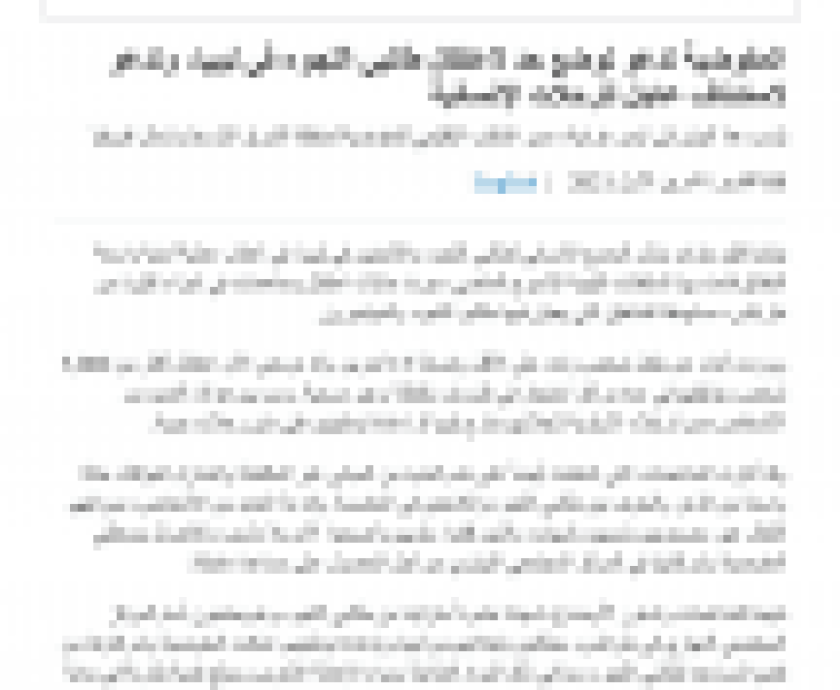Click to expand Image
Presidential candidate Fernando Villavicencio waves an Ecuadorian flag during a campaign event at a school before he was shot to death outside the same school in Quito, Ecuador, August 9, 2023.
© 2023 Reuters/Karen Toro
(Washington D.C.) – The killing of Ecuadorian presidential candidate Fernando Villavicencio is a blow to Ecuador’s democracy and underscores a violence crisis in the country, Human Rights Watch said today.
On August 9, 2023, an assailant shot and killed Villavicencio as he was leaving a campaign event in Quito, the country’s capital, in advance of the August 20 presidential election. Villavicencio, a journalist and former legislator, had a long record of exposing corruption, human rights violations, and abuses by organized crime. The Attorney General’s Office reported that one suspect was injured during confrontations with the police and died shortly afterward. Six more people were arrested. Villavicencio had reported receiving threats from the Los Choneros, a gang that he associated with the Mexican drug trafficking organization Sinaloa cartel.
“The killing of Fernando Villavicencio is a wake-up call for Ecuador’s democracy,” said Juanita Goebertus, Americas director at Human Rights Watch. “The rise of organized crime is putting the lives of Ecuadorians and their institutions at risk. Urgent, rights-respecting security policies are needed to protect them effectively.”
Between 2021 and 2022, Ecuador’s homicide rate rose from 13.7 to over 25 per 100,000, the highest rate in Ecuador’s history, and significantly higher than the global average of 6 per 100,000. The rate is expected to increase even further this year.
Two large gangs – the Choneros and the Lobos – liaise with Colombian, Mexican, and Albanian drug traffickers. Gangs are fighting for territorial control and have increased their acts of violence.
The authorities and media outlets have reported incidents in which people have been decapitated and dismembered, attacks with explosives, and killings of judges, prosecutors, journalists, and other political candidates. On July 23, armed men killed Agustín Intriago, the mayor of the western city of Manta.
Two out of three Ecuadorians feel they are not safe walking alone at night, a 2022 safety survey by Gallup, a global analytics firm, found – the worst result of any Latin American country surveyed. The National Police reported receiving about 5,000 reports of extortion between January and December 2022, the largest figure in recent history. Reports of extortion have almost doubled so far in 2023. Victims included small business owners, transportation and health workers, and others.
Gangs also control several prisons, Human Rights Watch found, and have in recent years killed over 600 people in a string of prison massacres.
In response to the wave of violence, President Guillermo Lasso has declared a range of localized states of emergencies, suspending constitutional rights. The government has also deployed the military and conducted prison raids. After the killing of Villavicencio, Lasso expanded the state of emergency across the entire country.
The government should put in place rights-respecting security and justice policies and tackle the root causes of criminality, including high levels of poverty and social exclusion, Human Rights Watch said. It should push for strategic criminal prosecutions focused on violent abuses, particularly those committed by senior gang members or chronic abusers, and on severing their networks of finance, political support, and weapons supply.
The authorities should seek to permanently reduce the power of organized crime groups, including by considering alternative approaches to drug policy that would reduce the profitability of the illegal drug trade.
“The ongoing states of emergency have not made Ecuadorians safer,” Goebertus said. “The government needs to put in place an effective and legitimate security policy that protects them and seeks to dismantle organized crime groups.”



